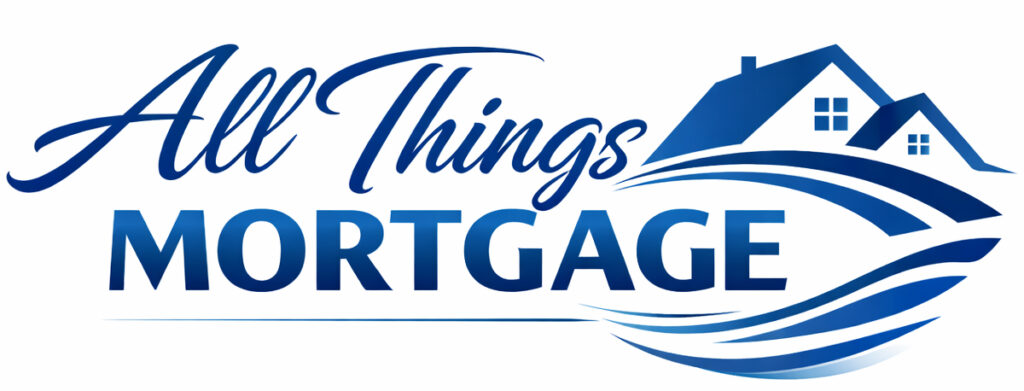Choosing the right mortgage can feel overwhelming, especially when it comes to interest rates. Should you go with a fixed-rate mortgage or an adjustable-rate mortgage (ARM)? At All Things Mortgage, our goal is to help you make informed decisions with confidence. Here’s a simple breakdown of both options — and how to decide which is right for you.
What Is a Fixed-Rate Mortgage?
A fixed-rate mortgage means your interest rate stays the same for the entire life of your loan — whether it’s 15, 20, or 30 years. This consistency makes it easier to plan your finances because your monthly principal and interest payments won’t change.
Pros:
- Predictable monthly payments
- Protection from rising interest rates
- Great for long-term homeowners
Cons:
- May start with a slightly higher rate than an ARM
- Less flexible if you plan to move or refinance soon
What Is an Adjustable-Rate Mortgage (ARM)?
An adjustable-rate mortgage starts with a lower interest rate for a set period (usually 3, 5, 7, or 10 years), then adjusts periodically based on market rates. After the initial term, your rate (and monthly payment) may go up or down.
Pros:
- Lower initial interest rate
- Potential for savings if you plan to sell or refinance before the adjustment period begins
Cons:
- Monthly payments can increase after the fixed period
- Less predictable, which can make budgeting harder

